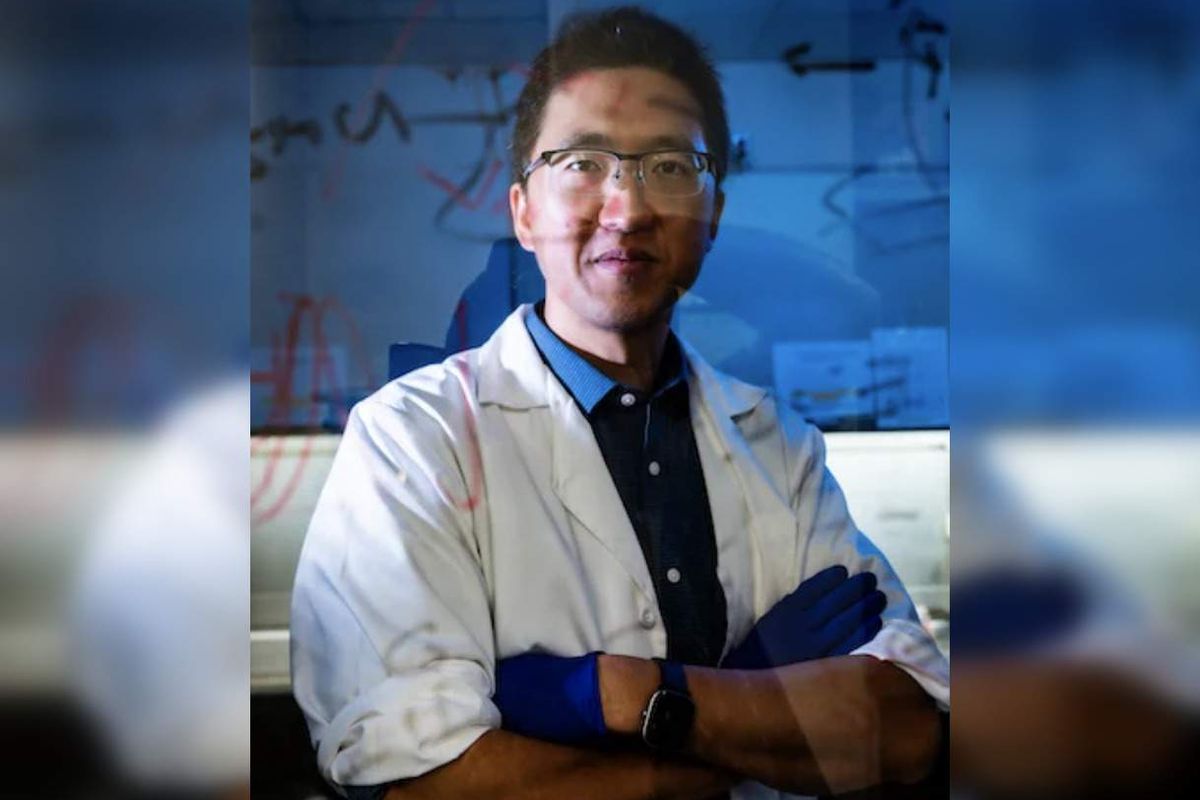Editor's note: Every week, I introduce you to a handful of Houston innovators to know recently making headlines with news of innovative technology, investment activity, and more. This week's batch includes an e-commerce startup founder, an industrial biologist, and a cellular scientist.
Omair Tariq, co-founder and CEO of Cart.com
 Omair Tariq of Cart.com joins the Houston Innovators Podcast to share his confidence in Houston as the right place to scale his unicorn. Photo via Cart.com
Omair Tariq of Cart.com joins the Houston Innovators Podcast to share his confidence in Houston as the right place to scale his unicorn. Photo via Cart.comHouston-based Cart.com, which operates a multichannel commerce platform, has secured $105 million in debt refinancing from investment manager BlackRock.
The debt refinancing follows a recent $25 million series C extension round, bringing Cart.com’s series C total to $85 million. The scaleup’s valuation now stands at $1.2 billion, making it one of the few $1 billion-plus “unicorns” in the Houston area.
Cart.com was co-founded by CEO Omair Tariq in October 2020. Read more.
Nádia Skorupa Parachin, vice president of industrial biotechnology at Cemvita

Nádia Skorupa Parachin joined Cemvita as vice president of industrial biotechnology. Photo courtesy of Cemvita
Houston-based biotech company Cemvita recently tapped two executives to help commercialize its sustainable fuel made from carbon waste.
Nádia Skorupa Parachin came aboard as vice president of industrial biotechnology, and Phil Garcia was promoted to vice president of commercialization.
Parachin most recently oversaw several projects at Boston-based biotech company Ginkjo Bioworks. She previously co-founded Brazilian biotech startup Integra Bioprocessos. Read more.
Han Xiao, associate professor of chemistry at Rice University

The funds were awarded to Han Xiao, a chemist at Rice University.
A Rice University chemist has landed a $2 million grant from the National Institute of Health for his work that aims to reprogram the genetic code and explore the role certain cells play in causing diseases like cancer and neurological disorders.
The funds were awarded to Han Xiao, the Norman Hackerman-Welch Young Investigator, associate professor of chemistry, from the NIH's Maximizing Investigators’ Research Award (MIRA) program, which supports medically focused laboratories. Xiao will use the five-year grant to advance his work on noncanonical amino acids.
“This innovative approach could revolutionize how we understand and control cellular functions,” Xiao said in the statement. Read more.

 Apple doubles down on Houston with new production facility, training center Photo courtesy Apple.
Apple doubles down on Houston with new production facility, training center Photo courtesy Apple.